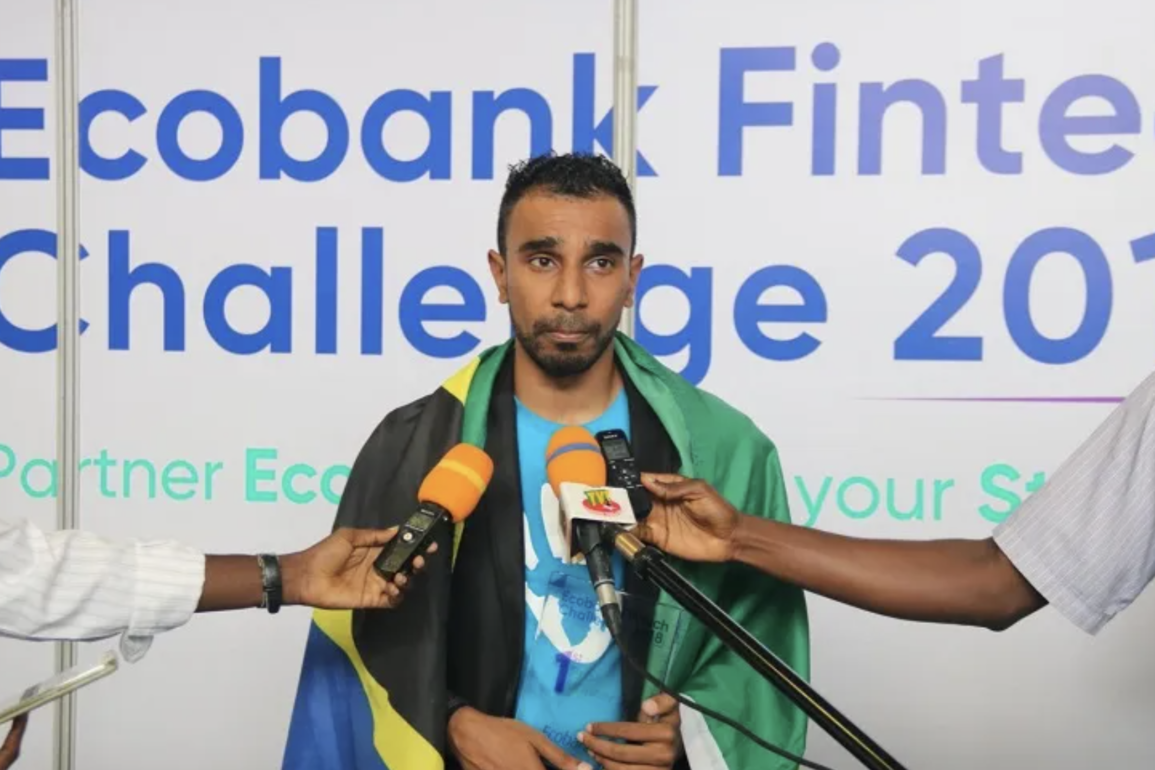Nala, a fast-growing remittance startup based in Tanzania, raised $40 million in an oversubscribed Series A funding round in July, marking one of the largest such transactions in Africa. The round was led by Acrew Capital, a San Francisco-based venture capital firm, with participation from prominent investors like DST Global Partners, Norrsken22, HOF Capital, as well as existing backers Amplo and NYCA Partners. Notable angel investors, including fintech leaders Ryan King of Chime and Vlad Tenev of Robinhood, also contributed to the round.
Nala’s founder and CEO, Benjamin Fernandes, announced that this latest capital injection, which follows a $10 million seed round in 2022, will be pivotal in accelerating the company’s global expansion. The funds will be used to scale Nala’s remittance services, currently focused on Africa, into new markets across Asia and Latin America.
Nala’s consumer app currently allows users in the EU, UK, and US to send money across 249 banks and 26 mobile money services in 11 African markets. The company has integrated with popular mobile money platforms, such as Kenya’s M-Pesa, enabling users to directly pay bills into local mobile wallets.
However, Nala is not just stopping at remittances. Responding to user demands for more comprehensive financial services, the fintech company is expanding its offerings to include a new B2B payments platform. This platform, named Rafiki, was launched in March to support global businesses making payments into and out of Africa.
“This $40 million funding round marks a pivotal moment for Nala,” Fernandes told Techcrunch. “It will enable us to go beyond remittances and extend our reach beyond Africa, building a robust payments ecosystem. We’re reinvesting this money to enhance our infrastructure, ensuring reliable, low-cost payments for all. With the launch of our own payment rails and the expansion of our B2B platform Rafiki, we’re not just talking about change, we’re building it. We’ve got some bold, ambitious plans, give us a couple of years.”
Building a reliable payments infrastructure
Nala’s decision to develop its own payments infrastructure through Rafiki was driven by the need to guarantee the reliability and affordability of its remittance services. Fernandes noted that by directly integrating with banks and mobile money providers, Nala can ensure service availability and reduce costs for its users.
“Guaranteeing service delivery has been the fuel behind the growth of our consumer business, which now accounts for over 90% of our revenues,” said Fernandes. He added that Nala is on track to surpass 500,000 customers and has already achieved profitability.
Rafiki is also gaining traction among businesses, with early clients including the UK-based fintech company TransferGo, which uses the platform for payouts to Africa. Other clients include global payroll providers like Cadana and banks engaged in cross-border transactions.
Opportunities in emerging markets
Nala’s expansion into new markets, particularly in Asia and Latin America, is timely. The World Bank’s Migration and Development Brief predicts strong growth in remittance flows to these regions, driven by increased migration and global trade. In sub-Saharan Africa alone, remittances are expected to grow by 1.5% after a slight decline in 2023, reaching $54 billion.
“In India, migrants send over $125 billion a year, and the market is growing with more people leaving. This creates opportunities for those customers to be served, but also for global trade between regions that will only increase. The Asian and African regions have been trading more, and money needs to move reliably to make this happen,” said Fernandes.
As demand for remittance services grows, the cost of sending money across borders remains a significant challenge. The global average cost of sending $200 is 6.4%, but digital remittances, like those offered by Nala, are slightly cheaper at 5%. Reducing these costs is central to Nala’s mission.




